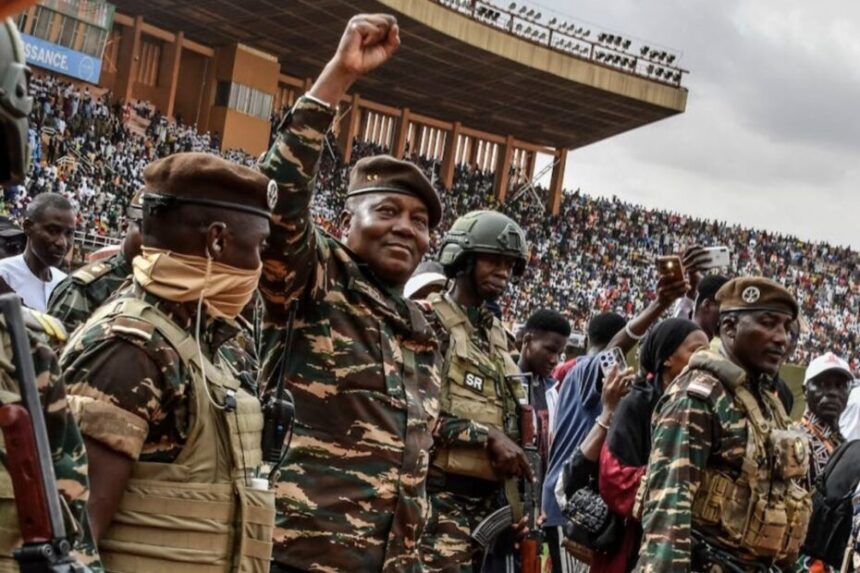Military coups are becoming more prevalent in Africa, as evidenced by recent takeovers in countries like Mali, Niger, Burkina Faso, Sudan, and Guinea. These coups are often accompanied by the suppression of dissent and media freedom, with the ruling regimes citing public safety as justification for their actions. Some experts believe that external influences, particularly from countries like Russia, may be driving this trend. Others point to longstanding issues such as corruption and poverty as contributing factors.
Historically, military regimes in Africa have sought to govern through the lens of military values, emphasizing order and discipline. However, these regimes have often fallen short of their promised goals, leading to the establishment of authoritarian rule. The current resurgence of military coups in Africa harkens back to the era of Cold War politics, where military intervention was not uncommon.
While some military regimes have initially promised to restore civilian rule, many have ultimately extended their power, raising concerns about the long-term implications of these takeovers. It is important to consider the continent’s history of military rule in order to better understand the potential outcomes of the current wave of coups.
Overall, the rise of military coups in Africa underscores the need for greater scrutiny and vigilance in safeguarding democratic principles and institutions. By learning from the past and recognizing the patterns of militarism in African politics, we can work towards a more stable and inclusive future for the continent.
(Source: THE CONVERSATION)







